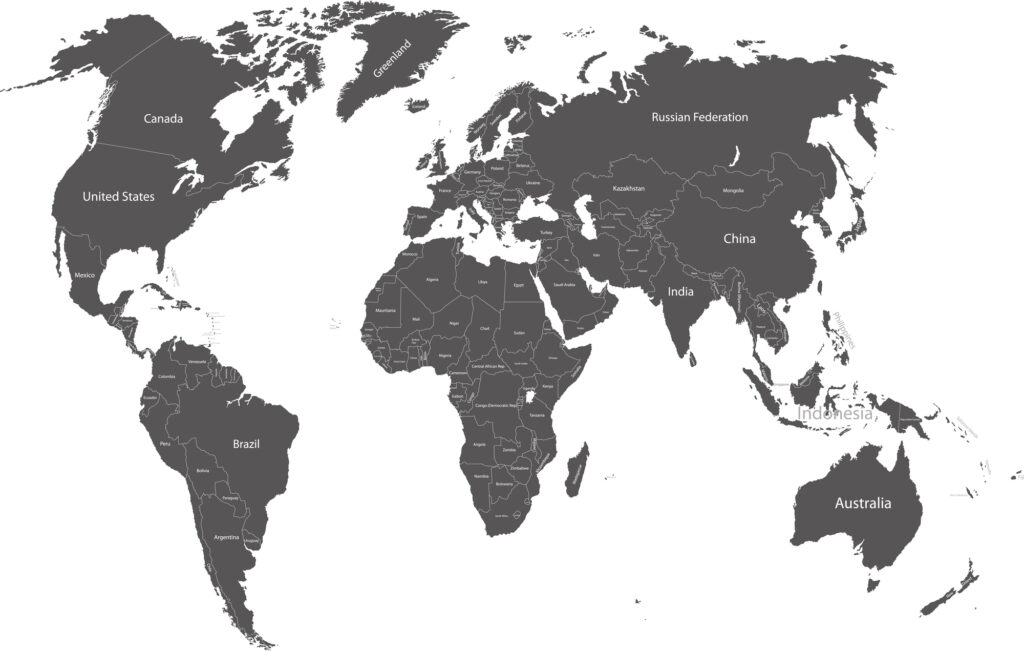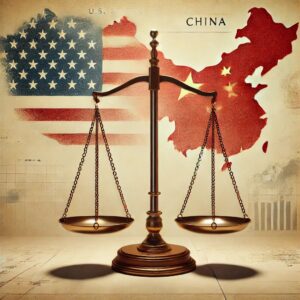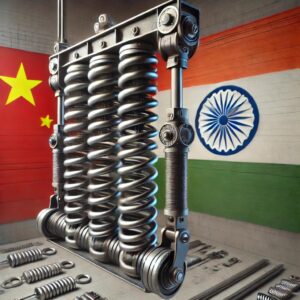The international community’s strong repudiation of Russia’s invasion of Ukraine highlights the risks of snuggling up to autocracies, in particular those with military adventurism in mind. As governments and companies in Latam increase their China exposure, they should be mindful of these risks, with Chinese characteristics.
We recently wrote about Latin America’s pivot to China (which is not surprisingly accompanied, in some cases, by a Russia pivot). As their China ties grow, Latam governments and companies could find themselves in uncomfortable positions, should Beijing makes any moves that subject it to international opprobrium of the kind now faced by Moscow.
One possible scenario involves an attack by China against Taiwan. Ever since Russia started massing troops in preparation for its invasion of Ukraine, comparisons have been drawn between the latter and Taiwan. There are, of course, major differences between the two, but at a minimum it’s reasonable to assume that China would face vigorous condemnation if it attacked Taiwan. In fact, after Ukraine, the democratic world is bound to be less tolerant of aggression against its members. And, sadly, Russia may yet do more in Ukraine to rile up an already indignant world.
In case of a Chinese attack on Taiwan, close China ties could become a major liability for Latam governments and companies. And the more intimate the relationships, the more painful things could get.
Consider a country that has allowed a Chinese state-owned bank to establish a subsidiary with retail operations. What if sanctions against Chinese banks extend to that subsidiary, and suddenly pensioners cannot get wires from their children working overseas? What if China pressures the government to ignore the sanctions, forcing it to choose between angering Beijing or the West? Even in the absence of sanctions, reputational and precautionary considerations could lead to a run on the subsidiary, as we have seen with Russia’s Sberbank.
Latam companies making bets on the China market could also be impacted. If bank wires and credit cards are not options to receive payment from Chinese buyers, how will they get paid for their soybeans, oil, and copper? Crypto won’t cut it. WeChat Pay? The provider only lists Argentina and Brazil on its list of countries with payment service providers that can help users get around their lack of a Chinese bank account. And as it turns out, no providers are actually listed for those two countries.
Import transactions could also be impacted, of course. Facing difficulties in getting paid, Chinese suppliers may scale back their export sales. Latam shipments could we be deprioritized, in favor of those countries with whom China can connect along safer trade routes and/or has more leverage to guarantee eventual payment. This is without taking into account the exigencies that a wartime footing could impose on shipping logistics.
And it’s not just about Taiwan (or other scenarios involving China’s neighbors). As China solidifies its presence in Latin America, it can be expected to do all it can to secure allies in the region. In some cases, that could involve helping despots gain or maintain power. This could lead to backlashes elsewhere in the region. And course, governments that pal up with China could face repudiation by their own electorates — all the more reason to do away with pesky elections in the first place.
A Spanish adage says, guerra avisada no mata gente. An announced war kills no one. Sadly, Russia’s criminal invasion of Ukraine disproves this. Yet the underlying logic remains sound. Latam governments and countries have been warned of the risks of carnal relations with the Putins of the world.

























